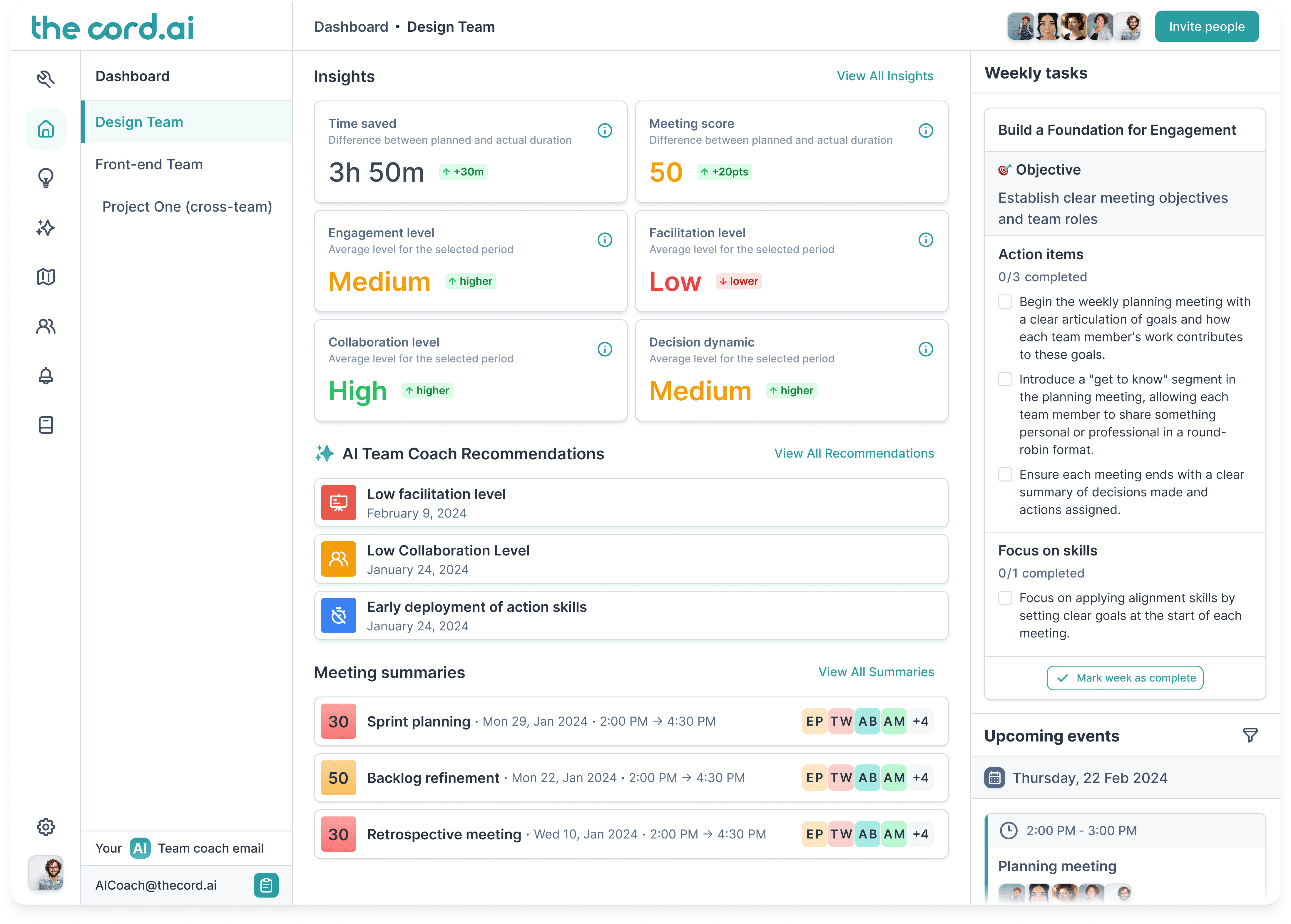In recent years, the conversation around work-life balance has taken on a new dimension, particularly with the shift towards flexible and distributed work models. This transformation, largely accelerated by the Covid-19 pandemic, is not just altering where we work but also how work impacts our health. Strikingly, new research from famous American universities suggests that flexible working arrangements could be a key factor in improving heart health, potentially reducing the risk of heart problems caused by working environments.
At the heart of this research is the concept that achieving a better work-life balance can have profound health benefits. According to studies conducted by researchers at Harvard and Penn State universities, employees who enjoy flexible working conditions may experience heart health reminiscent of a state ten years their junior. This discovery underscores the potent link between our working environment and cardiovascular well-being.
The stress of juggling work and family commitments without adequate flexibility contributes significantly to "work-family conflict," a stressor closely associated with increased risks of cardiovascular diseases. These ailments are no small matter, accounting for around 160,000 deaths annually in the UK alone. By implementing flexible work policies that reduce this conflict, employers can foster a healthier workforce.
The study revealed that flexible work arrangements notably benefited two specific groups: those over 45 and individuals already at a heightened risk due to factors like smoking and poor diet. Interestingly, these improvements in heart health did not come at the expense of productivity. This challenges the prevailing notion that flexibility might lead to decreased work output. Instead, it highlights a dual benefit: enhanced health without compromising professional efficiency.
This groundbreaking research utilised a twin-pronged workplace intervention program aimed at bolstering work-life balance. Through training for managers and staff, the program sought to empower employees with greater control over their schedules and tasks. Tested in diverse settings, from IT firms to care companies, the intervention aimed to mitigate the stressors that contribute to poor cardiovascular health.
However, implementing such changes requires more than just policy adjustments; it calls for a cultural shift within workplaces. Embracing tools that support this transition can be invaluable, and that's where theCoRD comes in. As a platform designed to optimise team dynamics and individual productivity, theCoRD can play a crucial role in facilitating the kind of work environment that supports heart health.
By leveraging insights into team interactions and productivity, theCoRD aids in identifying areas where flexibility can be increased without losing sight of organisational goals. It supports the creation of a workplace where employees feel valued and supported, contributing to an overall reduction in stress and improvement in heart health.
The findings from this research serve as a compelling argument for the widespread adoption of flexible work arrangements. They offer a blueprint for how we can structure work in a way that supports not just business objectives but the health and well-being of every employee. As we move forward, embracing solutions like theCoRD will be pivotal in shaping work environments that not only thrive on flexibility but also promote a healthier, more satisfied workforce.











